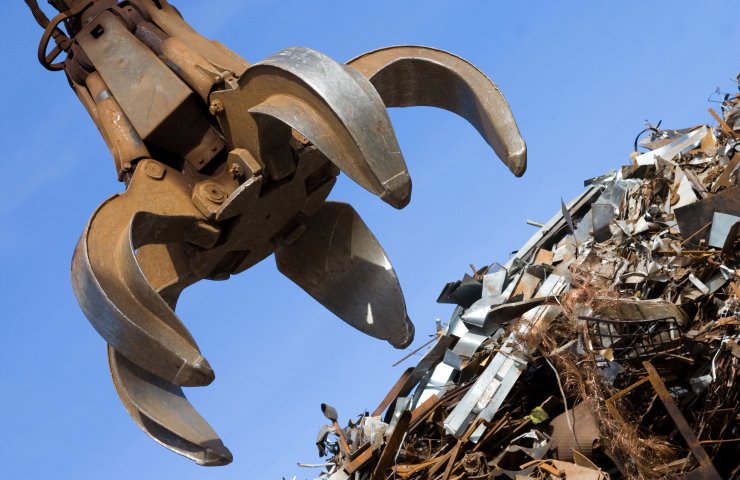At the same time, attempts by importers to lower prices have so far faced stiff resistance from suppliers who have small stocks of unsold material.
In the US market, buyers expect a decline in quotations for cast iron, as a result, the number of transactions was minimal. Factories enter into contracts only when absolutely necessary. At the same time, the majority have the opportunity to buy high-quality scrap at relatively low prices in the domestic market. In the current situation, prices for pig iron are mostly indicative and fluctuate in the range of 450-460 $ /t cif the ports of New Orleans.
In March, the Turkish market mainly relies on suppliers from Russia, who offer small quantities of cast iron with prompt delivery times. The cost of the material ranges from 540-550 $ /t cif.
Deputy Director of Ukrpromvneshexpertiza Dobrovolskiy Yuriy predicts a gradual decline in prices in the coming weeks following the prices for scrap metal. The pressure on the cost of pig iron will be exerted by an increase in supply from Brazilian suppliers, who are experiencing difficulties in selling the material on the domestic market of their country.
In the regional scrap metal markets, prices at the beginning of the second week of March increased slightly. The drivers of the price growth were Turkish and Asian metallurgists, who replenished stocks. However, by the end of the week, there was a slight rollback of quotations downward, which, according to Dobrovolsky, is a signal of an imminent refraction of the price trend.
In the Turkish market, scrap prices have increased by $ 5 compared to last week. Local metallurgists were actively contracting material for replenishment of stocks. In addition, the high demand for rebar and wire rod of local production also forced to make purchases of raw materials for future use. As a result, the cost of HMS 1 & 2 (80:20) scrap increased to $ 455-465 /t cif. However, by the end of the week, most of the deals were concluded at the lower border of the specified range.
In the Asian market, the cost of scrap metal also slightly increased. South Korean metallurgists contracted the material for delivery in April, despite the fact that many of them have not yet covered their March scrap needs, which stimulated them to partially cover the demand by importing billets from China for the purpose of its further rolling. At the moment, the cost of HMS1 scrap is in the range of 440-450 $ /t cif, while scrap HMS 1 & 2 (80:20) traded at 420-430 $ /t cif.
According to the forecasts of UPE analysts, by the end of March, scrap metal quotes will gradually subside against the background of weakening demand for long rolled products, a decrease in the cost of iron ore and an increase in supply from suppliers from the US and the EU. Quite high stocks of raw materials at the largest importers will also have a negative impact on prices.




